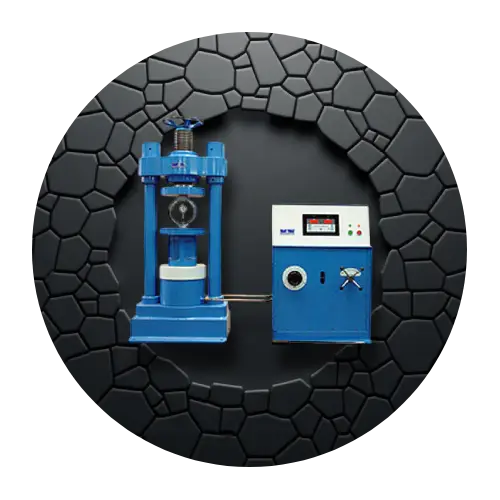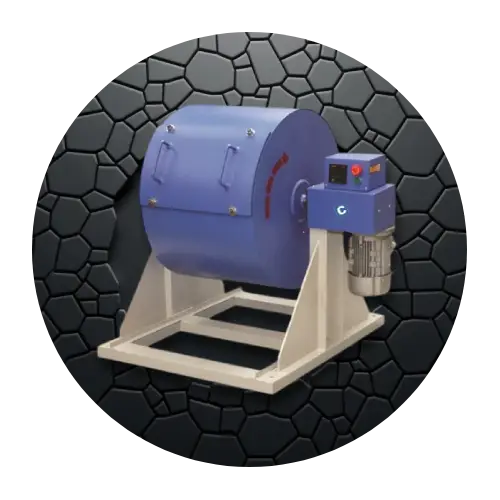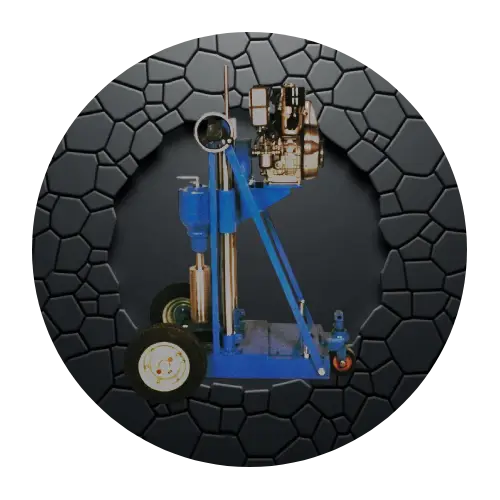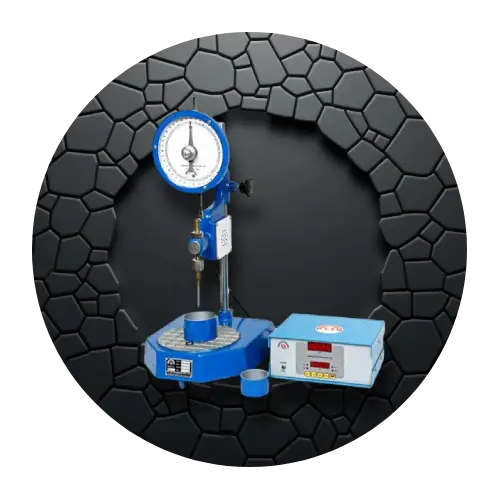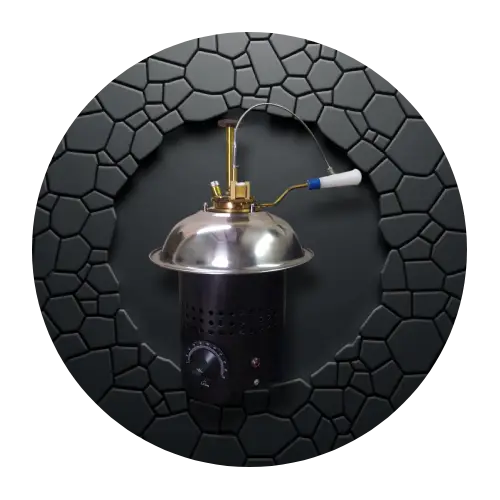Close
ESE-634-Modified Marshall Stability Test 150 mm
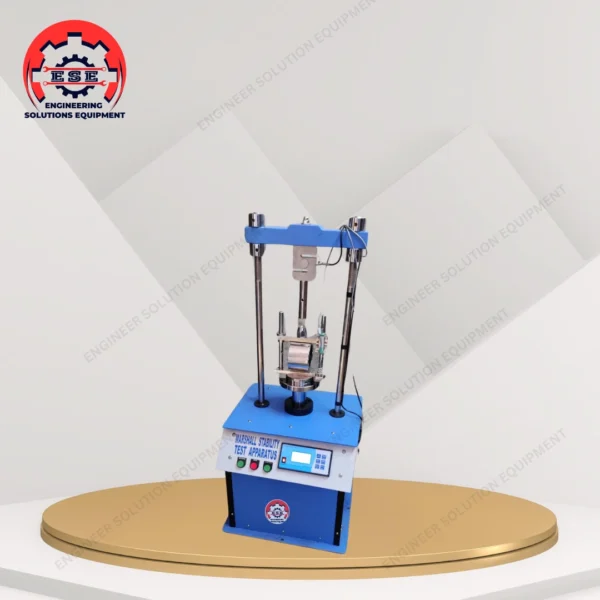

| Attribute | Details |
|---|---|
| Usage/Application | Marshall Stability Testing |
| Material | Mild Steel |
| Capacity | Standard |
| Finishing | Yes |
| Surface Finish | Yes |
| Country of Origin | Made in India |
Product description
The Marshall Stability Tester is a widely used device in asphalt testing to evaluate the stability and flow properties of bituminous mixtures. The Marshall stability test provides essential information on the strength and workability of asphalt mixes, which are critical for designing durable pavements and road surfaces. This test measures the resistance of the asphalt mix to plastic deformation under a standard load and temperature. It is particularly useful for assessing the suitability of asphalt mixtures for various road construction projects, ensuring that they can withstand traffic loads and environmental conditions.
The Marshall Stability Tester is a key tool in civil engineering laboratories for quality control and material testing, helping to ensure that the asphalt mixes used in roads, highways, and other infrastructure projects meet the required standards for performance and durability.
Key Features:
- Accurate Measurement of Stability and Flow: The tester accurately measures the stability (maximum load a specimen can withstand before failure) and flow (the deformation at maximum load) of asphalt samples, providing essential data on the strength and plasticity of the mix.
- Standardized Test Procedure: The tester adheres to industry standards, including those set by ASTM and AASHTO, ensuring that the test results are consistent and reliable across different laboratories and locations.
- Durable and Robust Construction: Designed to withstand the demands of frequent use in laboratories, the Marshall Stability Tester is built with high-quality materials, such as stainless steel, ensuring its durability and longevity.
- User-Friendly Operation: The apparatus is easy to operate, with clear instructions for preparing samples, applying loads, and measuring the stability and flow properties.
- Temperature Control: The tester is equipped with a temperature control system that ensures the asphalt sample is maintained at the appropriate test temperature (typically 60°C) during testing, ensuring consistent and accurate results.
- Automatic or Manual Versions: The tester is available in both manual and automatic versions, providing flexibility to suit the needs of different laboratories or testing environments.



